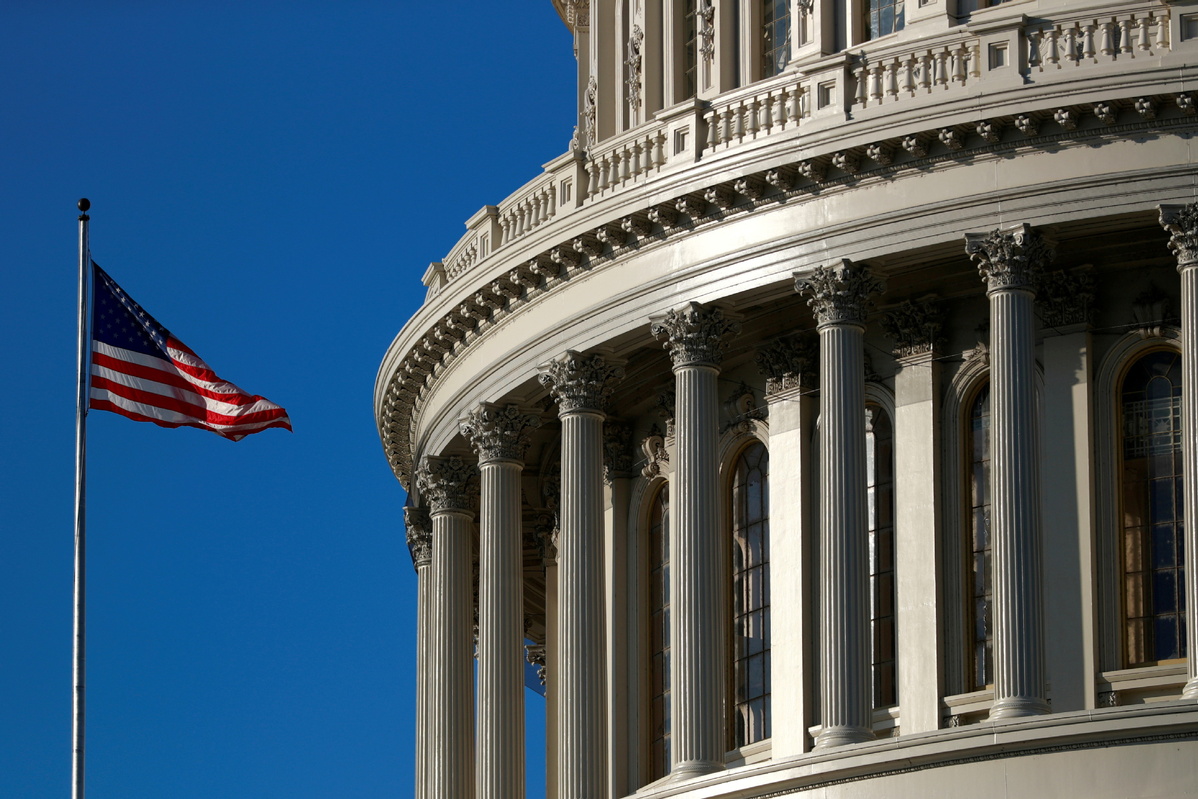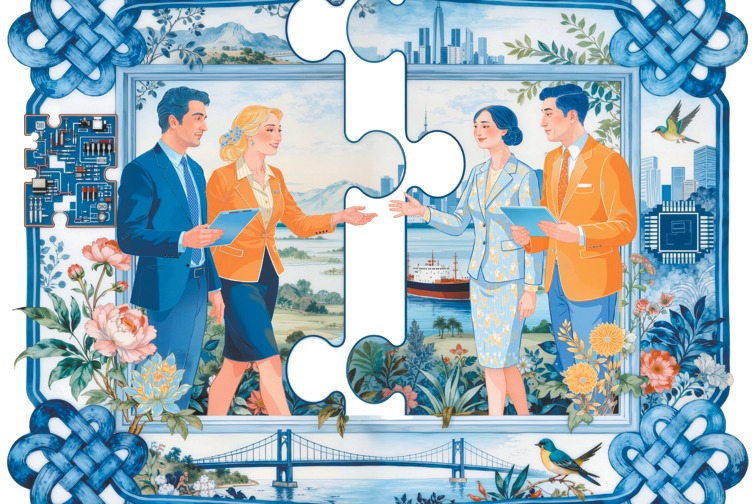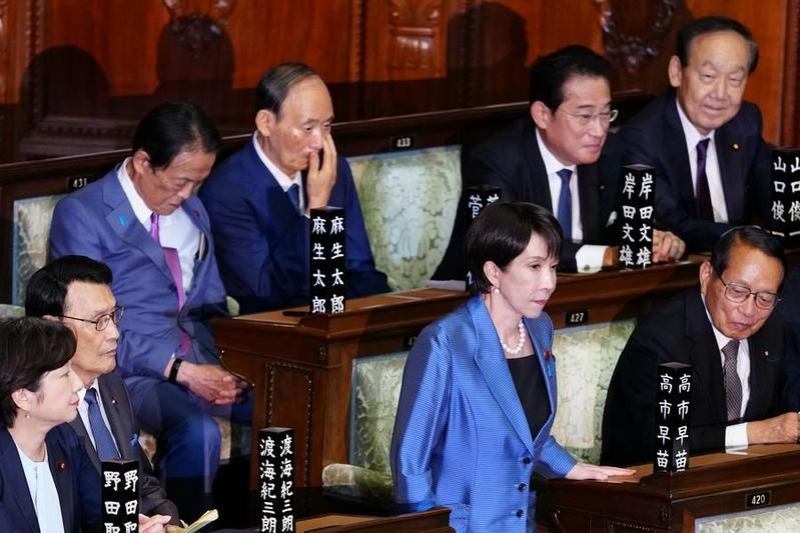How Americans can prepare for economic depression


Is Hollywood responding to fear and unease it sees in the American public by pandering to those fears in its new film offerings?
There is no question that film releases such as "Smile," "Cuckoo," "Afraid," "Stream" and "Alien: Romulus" magnify pre-existing horrors haunting the American public. End-of-the-world movies such as "A Quiet Place," "Deadpool & Wolverine," and "Borderlands" further darken America's national sentiment.
In contrast to the horror and end-of-the-world emotionality of US movies, I find myself energized and uplifted watching movies made in India and China because they often depict deep cultural values and a sense of humanity.
These darker American movies appear in a larger context of higher prices Americans are paying for food and gasoline. And cost-of-living increases compound any pre-existing fears and anxieties Americans may be holding in their souls.
It gets worse. Until recently, the US had been paying back foreign holders of US Treasury bonds with dollars' worth far less when those bonds matured — due to the intervening years of inflation. With foreigners absorbing America's cost of living by letting themselves get payed back in cheaper dollars, the US was in fact "exporting" its inflation abroad.
But foreign nations are getting wise to this and have begun to trade with each other in their own currencies rather than the dollar. Called "disintermediation," these foreign nations are now returning to the US the inflation it had exported abroad. With this flip turning massive and sudden, disintermediation can quickly evolve into "hyperinflation" that further devalues the consumer's dollar.
As hyperinflation grows, the onset of an economic depression cannot be far behind. In an economic depression, any pre-existing anxieties harbored by Americans will be greatly magnified.
And with the dollar plummeting in value — and a record $37 trillion in US governmental debt — a trigger is now in place for an economic depression of epic proportion.
What can be done? One step would be for every American to stock up with a year's supply of food, water, and toilet paper. Americans can also start to get into good physical condition — and have better resistance to stress associated with a severe economic downturn.
Third, Americans can get to know neighbors better — and reconnect with relatives and other loved ones. Renewing and strengthening one's circle of relationships can help to soften the effects of a forthcoming crisis.
But these are steps individuals can take. What if hyperinflation leads US citizens to become disenchanted with the government itself — for letting their cost of living rise inexorably and for failing to prevent an economic depression? With developments on this scale, the American citizen could well revolt.
In times of "systemic stress" associated with governmental misfeasance, US and global citizens will want to take precautions to prevent matters from getting worse: they will want to live peacefully with people who are different from them, avoid war, and take the long view on how to make the world a better place.
But how?
I had an opportunity to confront a similar predicament earlier in my career. This was at a small university campus that was undergoing deep racial stress. The university had always been a "white institution," with white faculty and white staff serving primarily white students. But the state of California was registering a racial demographic shift and the university's existing enclave-based multicultural model was leaving students, faculty and staff in racial silos.
Asked to serve as assistant to the president, I helped students, staff and faculty create a new framework for diversity called "interculturalism." Through "intercultural workshops," we taught the habits and skills of "mutual reliance," "interdependence," and "kindness toward others different from oneself."
The outcome? Our campus experienced: (1) a marked reduction in race-based anxiety (significant at the .01 level) and (2) a similar increase in willingness to get to know people racially different from oneself (.05 level).
The project was so successful that 30 other universities and colleges nationwide asked me to visit and teach them "how to become intercultural."
Having now taught 31 colleges and universities how to learn and embrace new norms, I firmly believe a traumatized nation can do the same. Instead of falling prey to Hollywood's goal of breeding fear, US citizens can learn new habits of mutual reliance, interdependence, and kindness.
Gregory K. Tanaka, Ph.D., formerly a law school dean and bank president, is the author of "Systemic Collapse and Renewal: How Race and Capital Came to Destroy Meaning and Civility in America and Foreshadow the Coming Economic Depression" (New York: Peter Lang Publishing). The views don't necessarily reflect those of China Daily.
If you have a specific expertise, or would like to share your thought about our stories, then send us your writings at opinion@chinadaily.com.cn, and comment@chinadaily.com.cn.

































